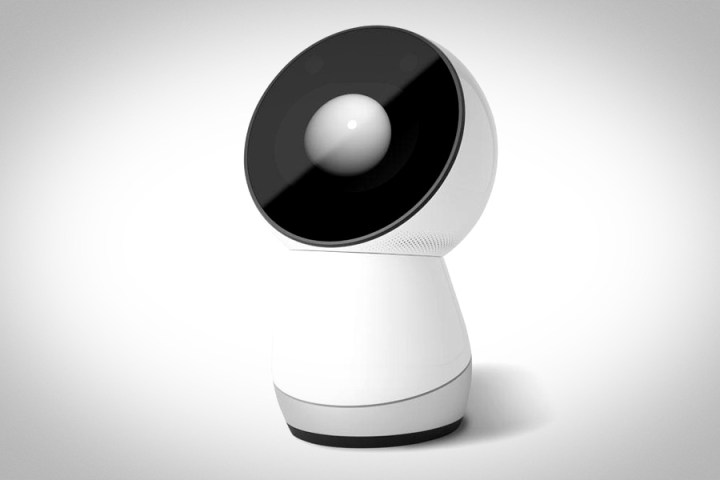
Sad news for Jibo owners this week — the cute social robot is about to become little more than an expensive ornament.
The servers that power the connected robot will soon be switched off, an act that will remove much of its functionality. We can’t say we’re surprised. After all, the Boston-based company that launched Jibo for $900 in 2017 closed down at the end of last year.
The announcement of Jibo’s imminent demise came straight from the robot’s (digital) mouth and was recorded by Twitter user Dylan Martin.
The servers for Jibo the social robot are apparently shutting down. Multiple owners report that Jibo himself has been delivering the news: “Maybe someday when robots are way more advanced than today, and everyone has them in their homes, you can tell yours that I said hello.” pic.twitter.com/Sns3xAV33h
— Dylan Martin (@DylanLJMartin) March 2, 2019
In the message, Jibo kicks off by solemnly declaring: “Well, it’s not great news.”
It goes on: “The servers out there that let me do what I do are going to be turned off soon. Once that happens, our interactions with each other are going to be limited.”
Whether the farewell speech had owners tearing up isn’t clear, but Jibo’s parting words may well have tugged at the heartstrings of some: “I want to say I’ve really enjoyed our time together. Thank you very, very much for having me around.”
The message attempts to end on a high note, with Jibo launching into a kind of distracting Dad dance, possibly in a bid to help owners forget how much they forked out for the device.
Social robot for the home
Jibo launched as “the first social robot for the home” and was designed to interact and communicate with those around it.
The internet-connected device used voice- and facial-recognition smarts to forge relationships with familiar folks, and could read out messages from family and friends, while a built-in camera set it up as the family photographer. A display for a face allowed for a more interactive video-call experience, too, with Jibo’s swiveling head able to move around to involve everyone in the room.
The robot started life as a crowdfunding campaign, securing more than $3 million in 2012. Venture capital funding saw an additional $70 million pumped into the project, but despite its best efforts, the company still couldn’t make a success of it.
Analyzing the company’s demise, TheRobotReport cites a slew of factors, including its high price, delayed shipments, poor reviews, and the arrival of Amazon’s considerably cheaper Echo smart speaker and other similar devices.
If you’re about to lose Jibo and would like a replacement companion robot that’s just as cute, then cast your eyes over these wonderful creations spotted at this year’s CES tech show.


